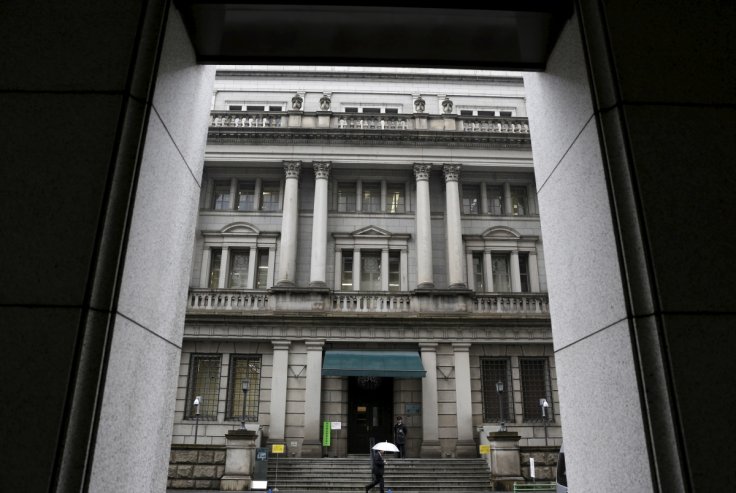Bank of Japan Governor Haruhiko Kuroda said he was watching the coronavirus impact on the economy with "grave concern," in a nod to the growing toll the epidemic is taking on manufacturing activity and exports across Asia.
The fallout from the health crisis will be the main topic of debate at a Group of 20 finance leaders' meeting in Riyadh, Kuroda said on Friday, in a sign it could overshadow the weekend meeting of the world's top economies. Massive business disruptions in China are starting to spill over into the global economy, with parts shortages rippling through supply chains as far away as the United States. Asian economies that are heavily reliant on exports to China and Chinese tourists are being hit hard on both fronts.
"Huge uncertainty remains on how the spread of the new virus may affect the Japanese economy," Kuroda told parliament. "We're watching the impact with grave concern and keeping a close eye on downside risks," he added. The epidemic has already extracted a heavy human and economic toll in China, with over 2,200 deaths, prompting authorities to take strict containment measures.
Retail sales of passenger cars in China plunged 92%

Retail sales of passenger cars in China plunged 92 percent on an annual basis in the first 16 days of February, according to China Passenger Car Association (CPCA). Japan's factory activity contracted at the sharpest pace in seven years in February, a private industry survey showed on Friday, adding to growing signs the world's third-largest economy is on the brink of recession.
South Korea's exports to China slumped in the first 20 days of February, indicating a grim outlook for Asia's fourth-largest economy. Kuroda reiterated the BOJ's readiness to ease monetary policy further as needed. But he said it's "not time yet" to discuss specific monetary policy steps, suggesting the BOJ won't deploy its dwindling ammunition easily.
Japanese Finance Minister Taro Aso told reporters on Friday he will explain to his G20 counterparts that Tokyo is taking necessary steps to contain the spread of the epidemic, which has become "among risks to the global economy." The weak yen, however, may offer Japanese policymakers some relief by boosting the value of profits Japanese manufacturers earn overseas, some analysts said.
GLOBAL IMPACT
Japan's economy shrank at its fastest pace in nearly six years in the December quarter, as soft global demand and last year's sales tax hike hurt consumption and business spending. Some analysts expect the economy to contract again in the current quarter, dashing the BOJ's hope an expected rebound in global growth mid-year will underpin Japan's fragile recovery.
The damage from the outbreak is spreading across Asia with organizers cancelling events, flight cancellations hurting tourism and fears of the virus keeping shoppers home. Analysts are divided on how much the epidemic could hurt the global economy. Oxford Economics says its baseline scenario is for the outbreak to have a large but short-lasting impact centred on China and the rest of Asia.
"We assume the economic effects are concentrated in the first half of 2020 and that the outbreak then starts to come under control," Oxford economists said in a research note. Even so, the outbreak will cut global economic growth to just 2.3 percent in 2020, its weakest since 2009, they said.
In a note for the G20 finance leaders, the International Monetary Fund said a further spread of the epidemic could derail a "highly fragile" projected recovery in the global economy in 2020. Highlighting increased global interdependencies, Amazon sent an urgent email to suppliers this week about its midsummer mega sale Prime Day indicating it has begun worrying about inventory, the New York Times reported on Thursday.








